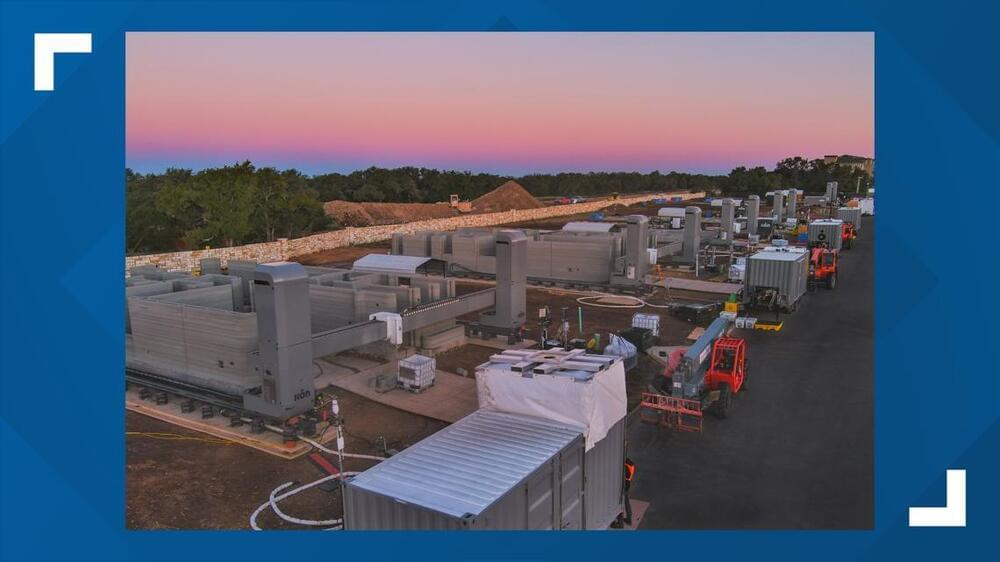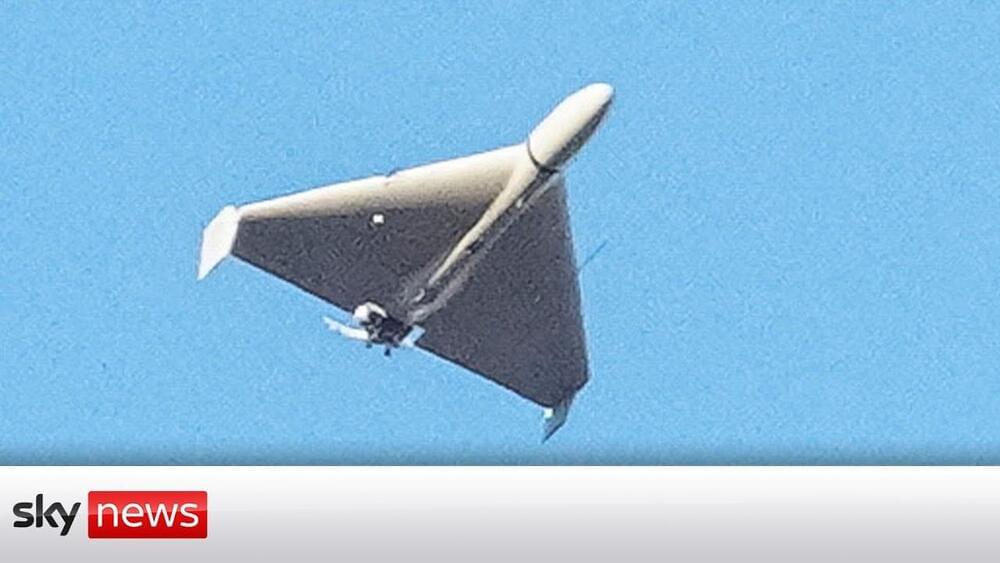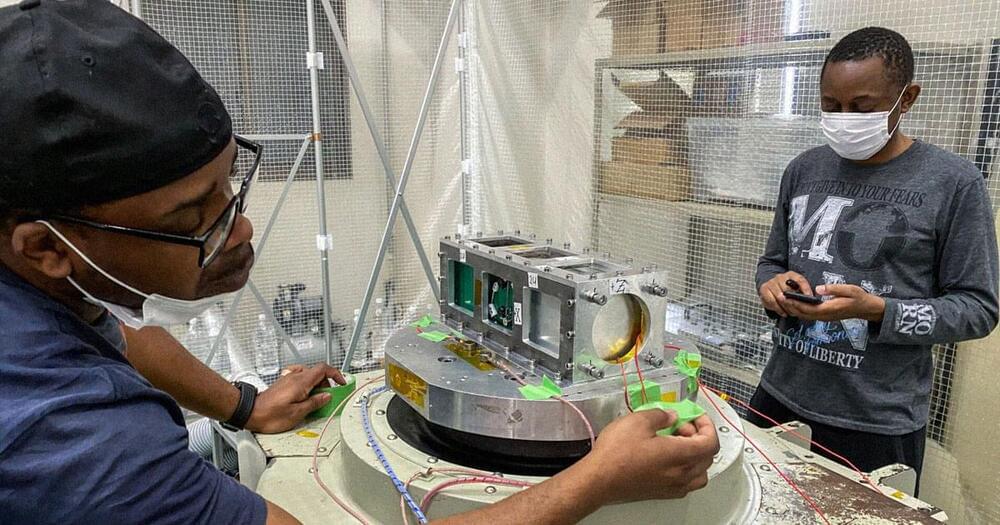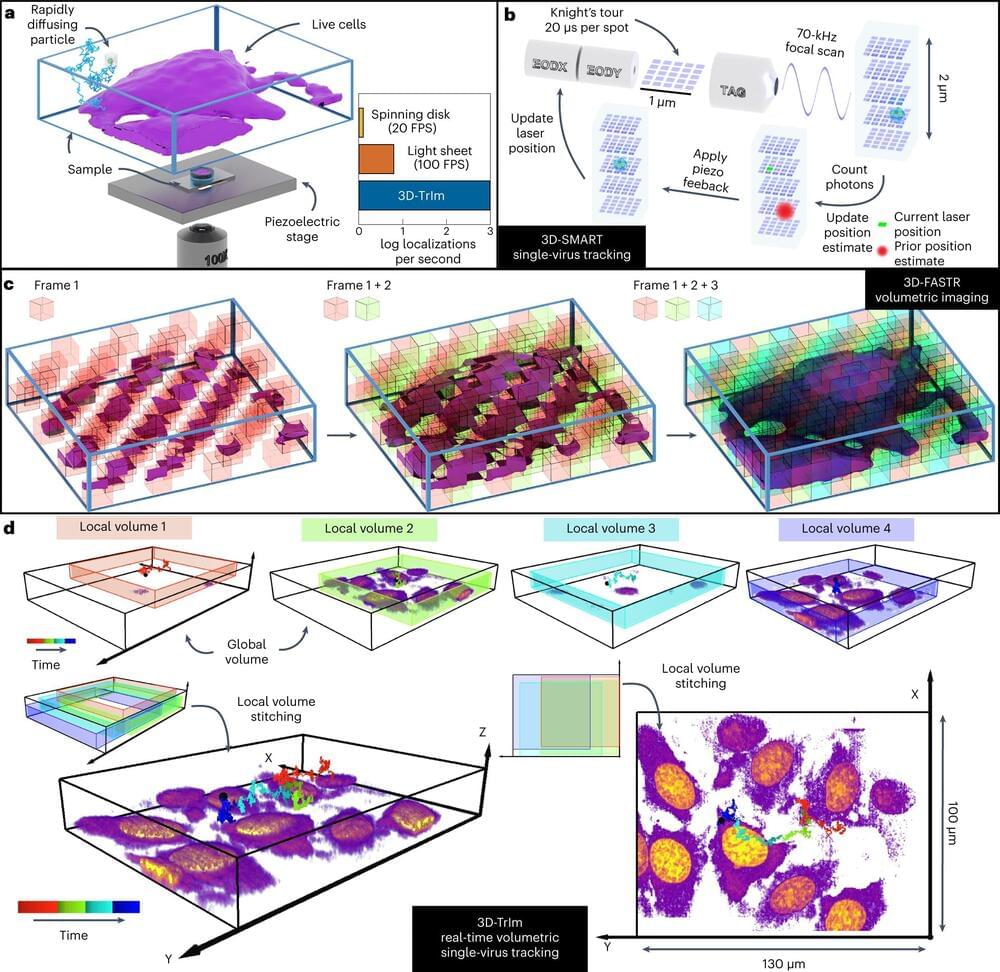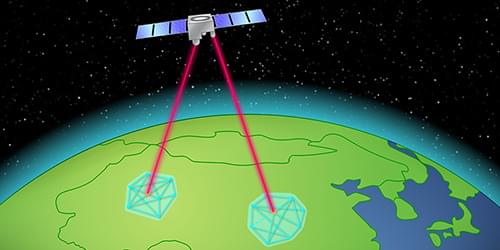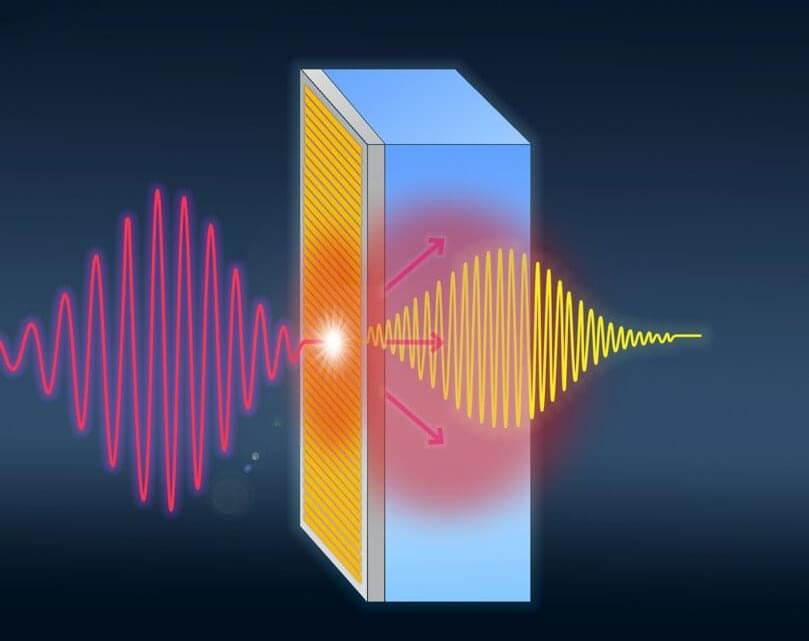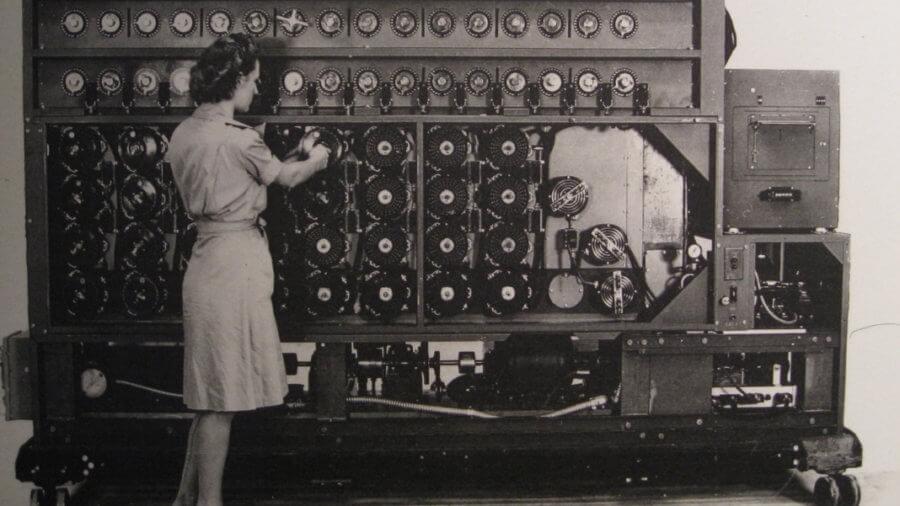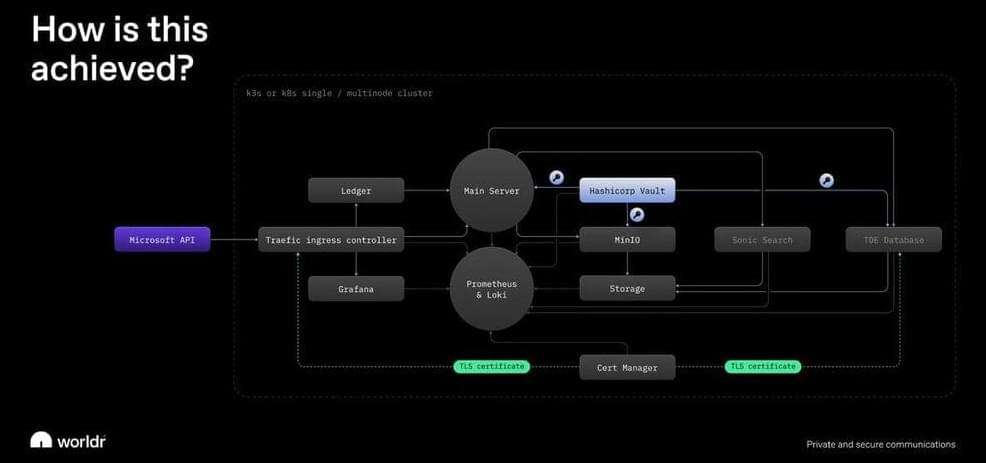Nov 16, 2022
Reservations for new community of 3D homes in Georgetown to open in 2023
Posted by Genevieve Klien in categories: habitats, internet, security, solar power, sustainability
The community will offer eight different floor plans, ranging from three to four bedrooms and two to three bathrooms. Homes will be powered by rooftop solar panels, include a Ring Video Doorbell Pro, Schlage Encode Smart WiFi deadbolt, a Honeywell Home T6 Pro WiFi smart thermostat and a Wolf Ranch security package.
RELATED: The Georgetown gem that gleams rich with history: Southwestern University
Continue reading “Reservations for new community of 3D homes in Georgetown to open in 2023” »
